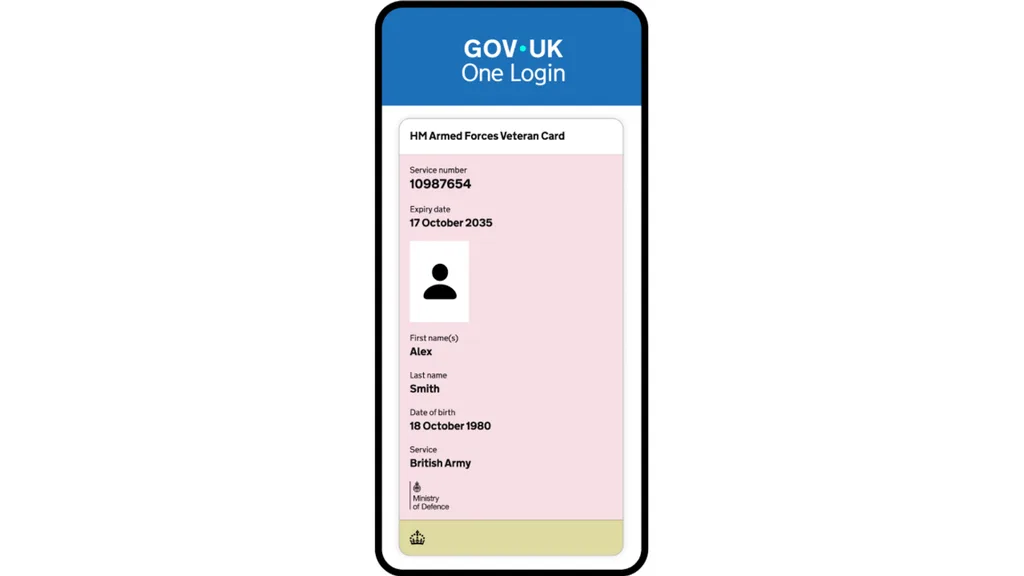Under new plans to start digitalising almost every form of ID in the UK, the government today (17 October) rolled out the first digital ID.
Last month (26 September), the government announced that digital ID cards, dubbed “Britcards” would be coming to the UK, subject to a full consultation.
The proposal is part of a new plan to tackle illegal immigration with the new ID set to make up part of each citizen’s right to live and work in the UK.
READ NEXT: Zack Polanski prompts right-winger meltdown on live TV
Under the new rules, anyone planning to start a new job in the UK must hold a digital ID.
Now, in the lead up to this eventuality, the government has created the first digital IDs, digital veteran cards.
This form of ID is available for ex-members of the armed services and was presented at an event at the Tower of London where Beefeaters showed off their new digital veteran ID cards, as per Sky News.
The minister in charge of the rollout, Ian Murray MP, spoke about the benefits of having IDs on your phone.
He said: “We all use our smartphones for everyday life.
“So it’s about making the relationship with the citizen easier and making their access to government services easier.”
The Minister of State for Digital Government and Data said he is looking forward to the end of “having to continuously fill out my name, my address, my telephone number” and instead just scanning his phone.
Despite much backlash towards the scheme with almost three million signatures on a petition to repeal digital IDs, the government insists the digitalising of IDs will be done securely to protect personal information.

It says it will use a “federated” approach that would guard much of the sensitive data of a person at the relevant ministries.
In the case of the veteran’s ID, it means any sensitive information would be guarded at the Ministry of Defence with the ID linked back to it.
The government says this information can then be used to sign-in before accessing services to housing, mental health support, shopping discounts, museum entry and other benefits.
Similarly, in the case of a driving licence, data would stay with the DVLA, passports with the passport office and national insurance with the DWP.
This divulged approach means that not the entirety of the nation’s data will be stored in one place.
There has even been mention of the potential introduction of using IDs in a contactless fashion when buying age-verified products such as alcohol.
Minister Ian Murray has already said that the right to work ID will be mandatory as “it’s mandatory already to be able to prove that you can work in the UK”.
This suggests that digital IDs will be compulsory to be used in situations where ID is currently needed to prove the right to certain privileges.

